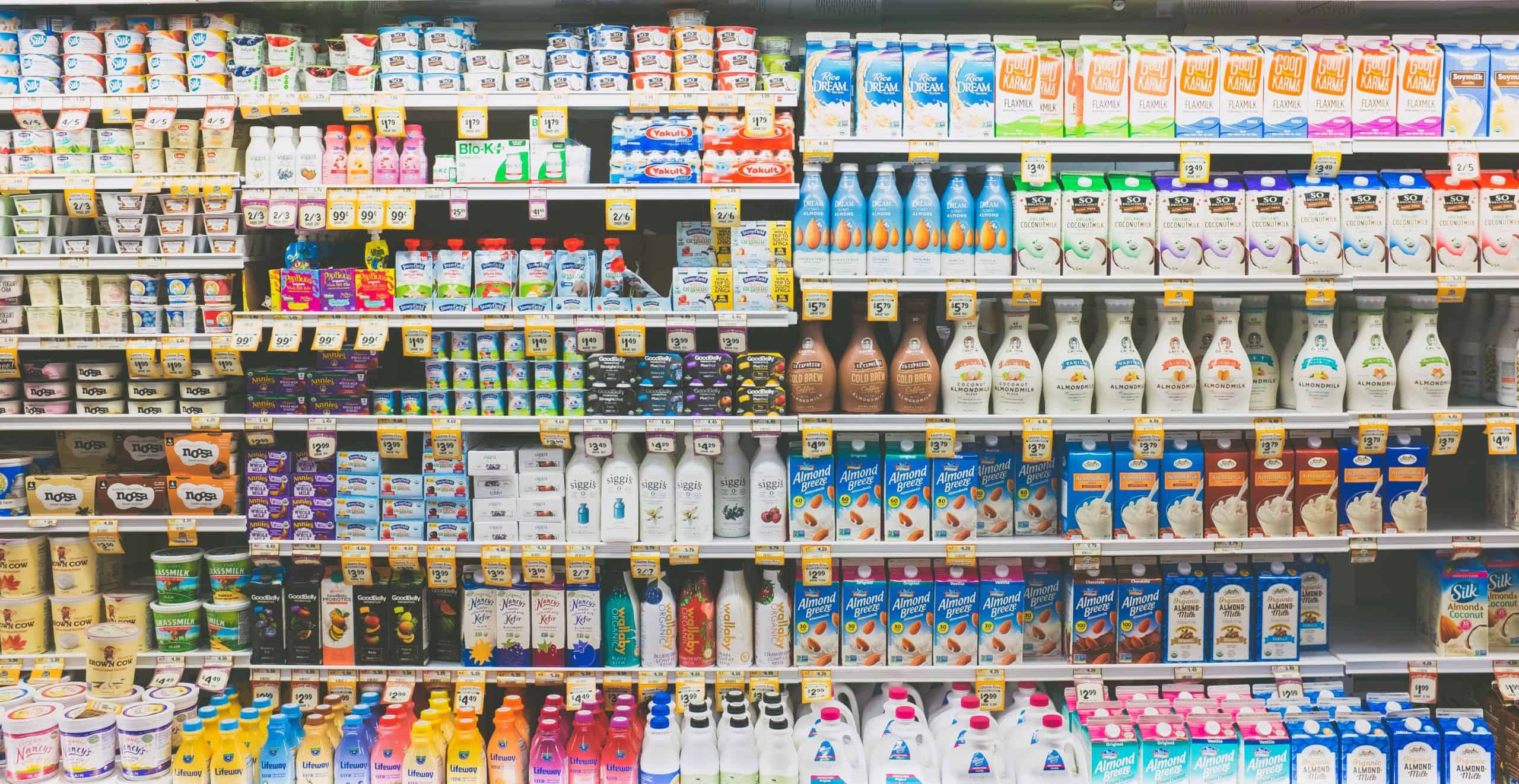As a Midwesterner, I know well the importance of milk. In the novitiate, we had an impressive excel chart to gauge the interest and preference of each of the novices in several different types of milk. Would we buy skim (no), 1% (not that either), 2% (some), or whole (yes) milk each week? There were also the options of almond or soy milk. More recently, perhaps oat has been added to the list. Closely related were yogurts, with Greek Gods receiving the highest reviews, preferably the honey or honey vanilla flavors.
I remember being impressed with the sort of time and dedication that was spent on making sure each man’s needs, or really, preferences, were met. There was a certain calculus to it all; however, I can’t help but think that energy ought to be channeled to something that matters far more than how we will ingest our next source of sugar, vitamins, and dairy. What about theology?
What if the categorization that we, as a society, have afforded to milk, were done to theology? The aisles of a grocery store might become complementary, rather than contradictory, arms of the Church. My glass of whole, skim, 1%, or 2% need not take anything away from your almond, soy, or oat milk. We could each be nourished in the way our bodies, minds, and spirits saw fit.
Why is it that we insist on only our variations, our versions, our flavors being the only valid ones? Must we dig in our heels on the ways we like to worship, the songs we like to sing, where we like to sit in the church or the chapel, or the pronouns we like to use for God? When we dig in, we simply perpetuate a normativity that may be more unique to us than we care to admit, less Catholic, and more personal, in the worse sense. In any case, we sacrifice relationships for routine, prioritizing our personal planner for the more human work of dialogue with our brothers and sisters. Is there room for all? We harp on differences, without first underlining the similarities. We often share more than we let on, but that is not our preferred lens to view “the other.” Instead, we focus on the difference, even if it is only 1 or 2%.
There are literally thousands of items that are bought and sold in the typical grocery store. I have no doubt that there are just as many religions and spiritualities in practice today around the world.
Even if we were to just focus on our own aisle, in this case the Catholic Church, the variations are impressive. Any American city is likely to have a variety of national churches in its history. My own grandmother and mother were raised Romanian Byzantine. I grew up, then, knowing that there were various expressions of the same faith and multiple ways to worship the same God. To my Roman Catholic sensibilities, I found the Romanian Byzantine liturgy long, smoke-filled, and dizzying. Why did the priest need to enter and leave the altar so many times? What I remember most, though, is the community that existed after the Mass. It was when I saw my grandmother at her most social. Did the liturgy bring her alive or feed her in a way that that my parish did not? With 23 rites in communion with the Roman Catholic Church, we must acknowledge the diversity and variance in how we worship God, even as one universal church.
I want everyone to be well fed and nourished. I welcome your dietary preferences, and I wish more people would do the same with spiritual ones, with religious ones, with liturgical ones. Perhaps if we let go of the gallons that we cling to so tightly, we might open ourselves to a new form, a new source for our own growth, our own journey in holiness. Perhaps if we were at least open to dialogue, we might find it easier to encounter, and then interact with, folks different from us, socially, economically, linguistically, religiously, or racially. Let’s pray that it be not just in our fridges where differences can be settled, the skim placed right next to the whole, but also in our churches, and in our Church.
Instead of whining when this or that pope, or bishop, or priest, or theologian, or cantor does not do things quite the way we like, we might do well to remember that it was wining and dining that was Jesus’s first miracle – bringing people together, or at least keeping them together, longer than they otherwise would be. Maybe our own intercultural experiences ought not have the neat and tidy expiration dates they often do. Maybe we shouldn’t treat a trip, visit, immersion here or there, a short and quick greeting to somebody passing by, as if that culture, that person, that potential source of the divine, were an expired carton of milk.
We all make lists: grocery lists, shopping lists, to-do lists. What about a spirituality list? New prayers to try, another church or parish to visit, a new author to read, a loved one or enemy to pray for, a long-delayed conversation to have with another. While theology is not a commodity, if we were to be as intentional with our prayer as we are with our shopping, we might be surprised by the fruit it could bear.
-//-


